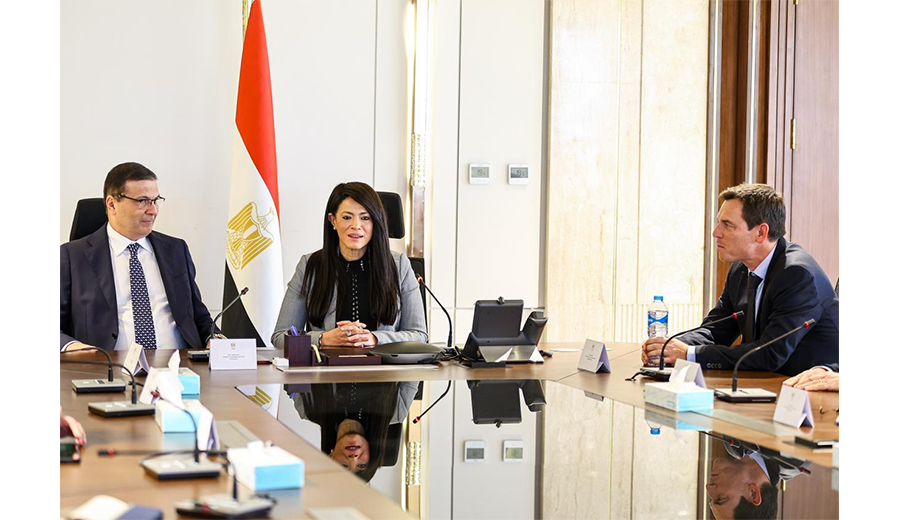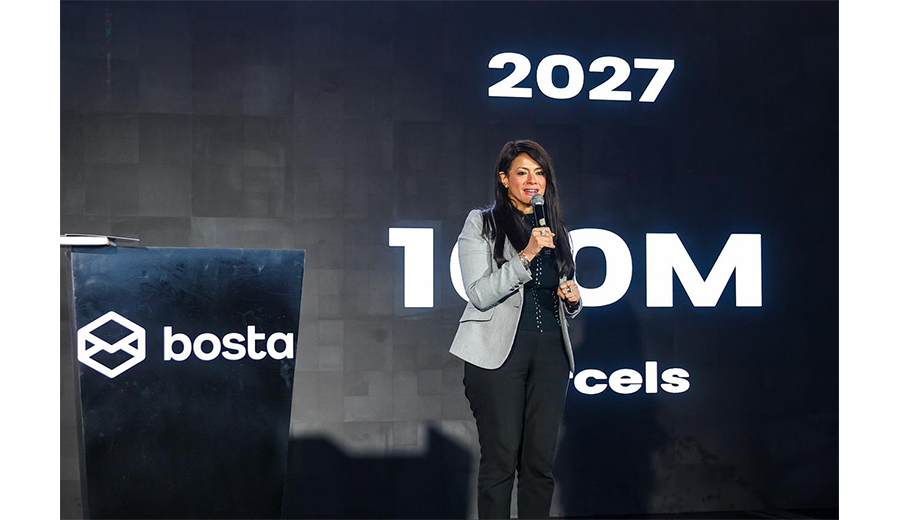Planning Minister reviews efforts to diversify funding sources for development plans and programs before Parliament

08 February 2021
Dr. Hala El-Said, Minister of Planning and Economic Development, reviewed the efforts made in diversifying the sources of financing for development plans and programs, during the presentation of the ministry’s performance statement on Monday before the plenary session of the Parliament chaired by Counselor Hanafi Jabali, Speaker of Parliament.
Dr. Hala El-Said indicated that work to diversify the sources of financing development plans and programs is done by expanding the funding base in partnership with the private sector, civil society, and regional and international sovereign funds.El-Said asserted that the ministry performs several tasks in this regard; these tasks include the creation of The Sovereign Fund of Egypt (TSFE).
The establishment of TSFE came within the framework of the Egyptian state’s plan to achieve the goals of Egypt’s Vision 2030, and what this requires in terms of increasing the volume of investments and diversifying sources of financing, as there was a need to create a large economic entity capable of, through a partnership with local and international companies and institutions, to increase investment and employment.
El-Said explained that the TSFE has established four sub-funds in areas consistent with the country's priorities in "health services, infrastructure, financial services, digital transformation, tourism, and real estate investment."
El-Said pointed to TSFE’s success in attracting investors and partners from home and abroad and signing agreements to enter into multiple partnerships despite the economic challenges that the recent period witnessed in light of the Corona pandemic.El-Said pointed out that TSFE participated in establishing the Egyptian National Company for Railway Industries to support and implement the state’s general orientation regarding deepening and settling the railway industry, especially the mobile units, in a way that secures the state’s requirements and creates promising opportunities for export.El-Said noted that TSFE had, since its inception, put in place a plan to re-exploit the assets transferred to it to maximize its value and return from it, the first of which is the building of the Tahrir complex, which has been subordinate to research and studies on how to achieve the best usage of it.TSFE has also focused on the project “Revitalizing Khedivial Cairo” by creating various uses that include a hotel, service, administrative and commercial activity, to become part of the revival of the vibrant heart of Cairo with commercial and cultural activity and an element of tourist attraction for the region.El-Said also indicated that TSFE signed a partnership in February 2020 with the National Service Projects Authority, whereby two companies were identified to be offered to the private sector and on the Egyptian Stock Exchange according to specific controls.El-Said emphasized that in light of the Egyptian Single Purchase Authority establishing strategic warehouses at the level of Egypt to meet the needs of storing medicine and medical supplies for the health sector in general, the authority has teamed up with TSFE to structure and finance this project to create an entity that manages the stores through specialists.El-Said also noted the Ministry's contribution to the establishment of the National Charitable Investment Fund for Education in 2019, which is a mechanism to provide sustainable financing for educational projects, raise the level of education and integrate people with minor disabilities in pre-university education schools.About the program for inventorying unused state assets; El-Said indicated that 3,692 assets were counted, and 3,470 assets were registered, and integration is underway with the Technical Secretariat for Governance of State Assets - which was transferred to the Ministry of Planning and Economic Development.The Ministry of Planning is undertaking surveying and auditing by using high-resolution satellite images, establishing an integrated geographic system for the assets that are proposed to be disposed of, as well as integrating with the Ministry's Spatial Variables Center to register assets and update them geographically.
El-Said asserted that there is a comprehensive plan to restructure the National Investment Bank, resolve financial entanglements between the bank, creditors, and the debtor, and reach settlement and scheduling agreements amounting to about EGP 115 billion, in addition to activating the financing and development role of companies in which the bank contributes. This included the establishment of a financing company in 2018 to empower entrepreneurs by providing various financing programs, products, and services, contributing to upgrading the capabilities of the small and micro enterprises sector in the Egyptian market, and enhancing financial inclusion.El-Said pointed out that the company seeks to employ the latest advanced technological systems in providing the best digital financing solutions, which is consistent with the country's strategic directions to transform into a digital economic system.The number of beneficiaries of the company's financing services and products reached 128,000. 43% of them are females, with a total of EGP 2.4 billion, through a wide network that includes 72 branches in the governorates of Egypt, and contributed to providing 512,000 job opportunities









